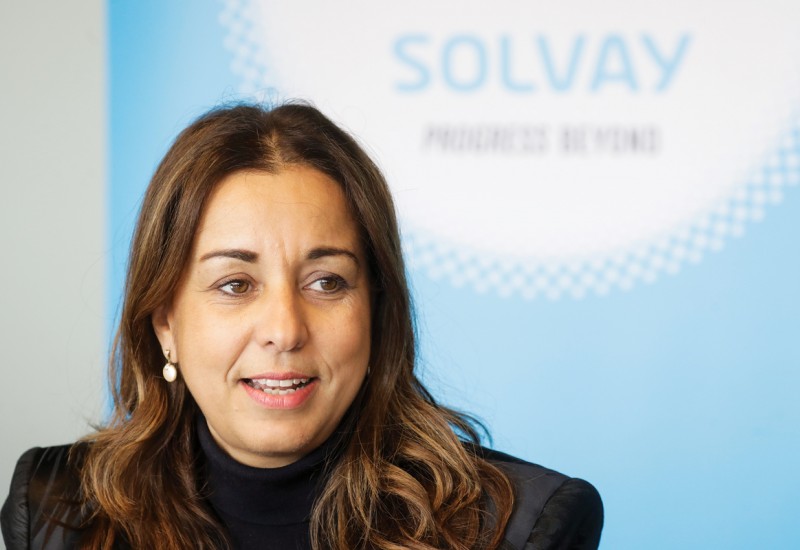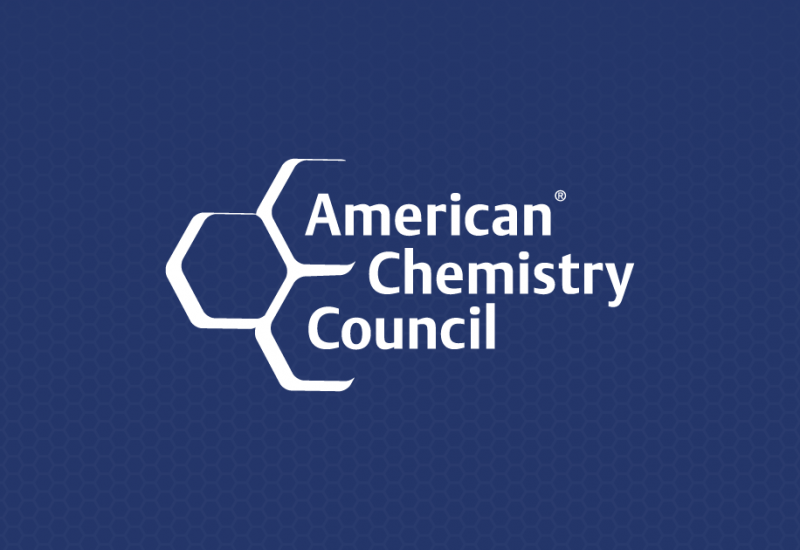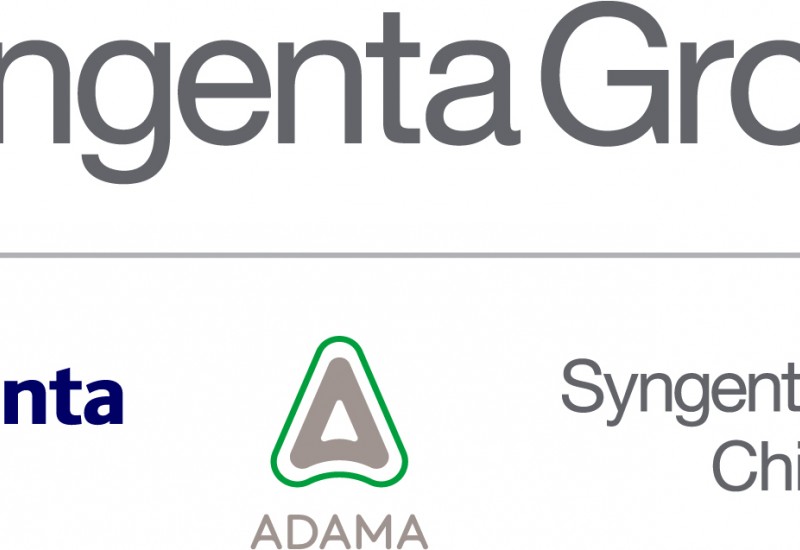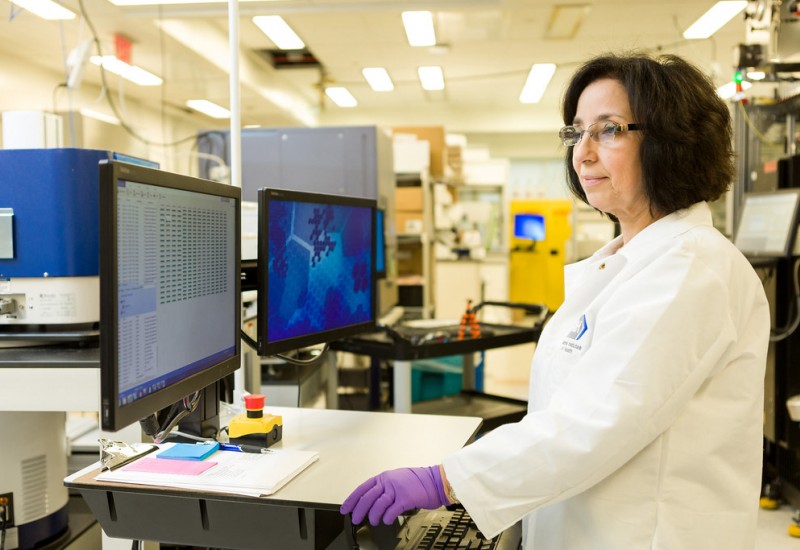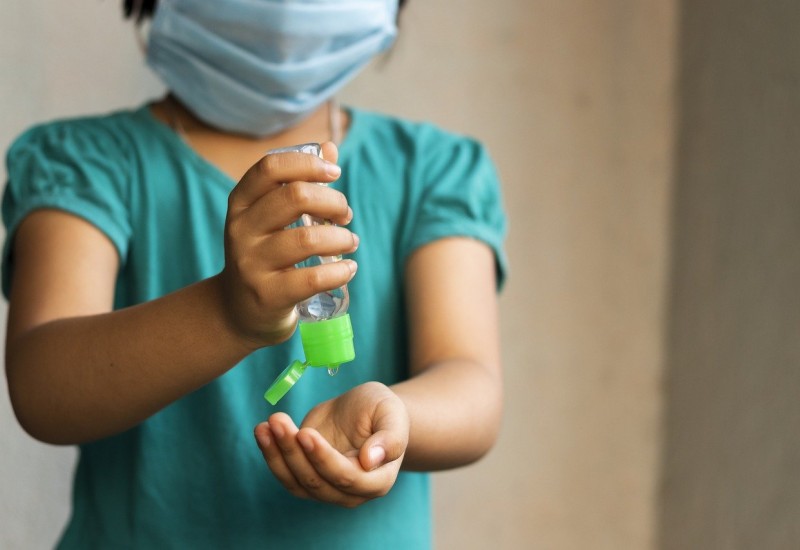Bayer resolves most Monsanto litigation
Bayer has made a series of agreements that, it said, “will substantially resolve” major outstanding Monsanto litigation at a cost it up to $5 billion in 2020, the same in 2021 and any more outstanding amounts in 2022. These have been unanimously approved by its board.
Most significantly, the company will pay $8.8-9.6 billion to resolve about 75% of the ongoing litigation related to the Roundup brand of glyphosate under a series of agreements. These contain no admission of liability or wrongdoing.


